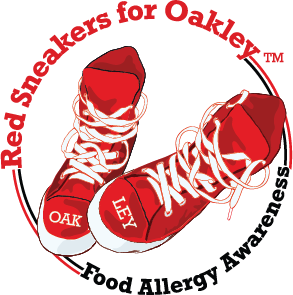7 Ways To Avoid Allergens When Buying Food Online
While it may seem easy, online shopping has its challenges, especially when you try to buy allergen-free foods. However, these tips can help you make safe and informed choices.
1️⃣ READ ALL LABELS
Read every label thoroughly including reading the descriptions to identify potential allergens. Pay close attention to terms such as "may contain," "processed in a facility that handles," or "made on shared equipment with".
2️⃣ USE ALLERGEN FILTERS
Some online platforms and grocery websites offer specialized allergen filters. Use them to search for allergen-free products. This way not only can you narrow down your options but also find products tailored to your specific dietary requirements. Try Basquet
3️⃣ READ PRODUCT REVIEWS AND RATINGS
Ensure you read all product reviews and ratings from other customers. Look for reviews, especially by those with food allergies. These will often provide you with valuable insights into potential cross-contact or hidden allergens.
4️⃣ CREATE ALLERGY PROFILES
Many online grocery platforms allow you to create personalized profiles that include allergy information. By setting up an allergy profile, you can automatically filter out products that contain your allergens.
5️⃣ USE MOBILE FOOD ALLERGY APPS
There are several mobile apps that are specifically designed to help you shop online safely. You can easily identify safe food options on the app and scan barcodes for allergen information. Try Fig, Spokin, Allergy Force
6️⃣ CHOOSE FRESH, WHOLE FOODS
Whenever possible, try to buy fresh and whole foods, such as fruits and vegetables and unprocessed meats since these items are less likely to contain allergens (unless, of course, you are allergic to the fruit/veggie/meat itself).
7️⃣ CONTACT CUSTOMER SUPPORT
When in doubt about a product's allergen content, contact the customer support team of the online store. They can provide more information or direct you to suitable alternatives.
